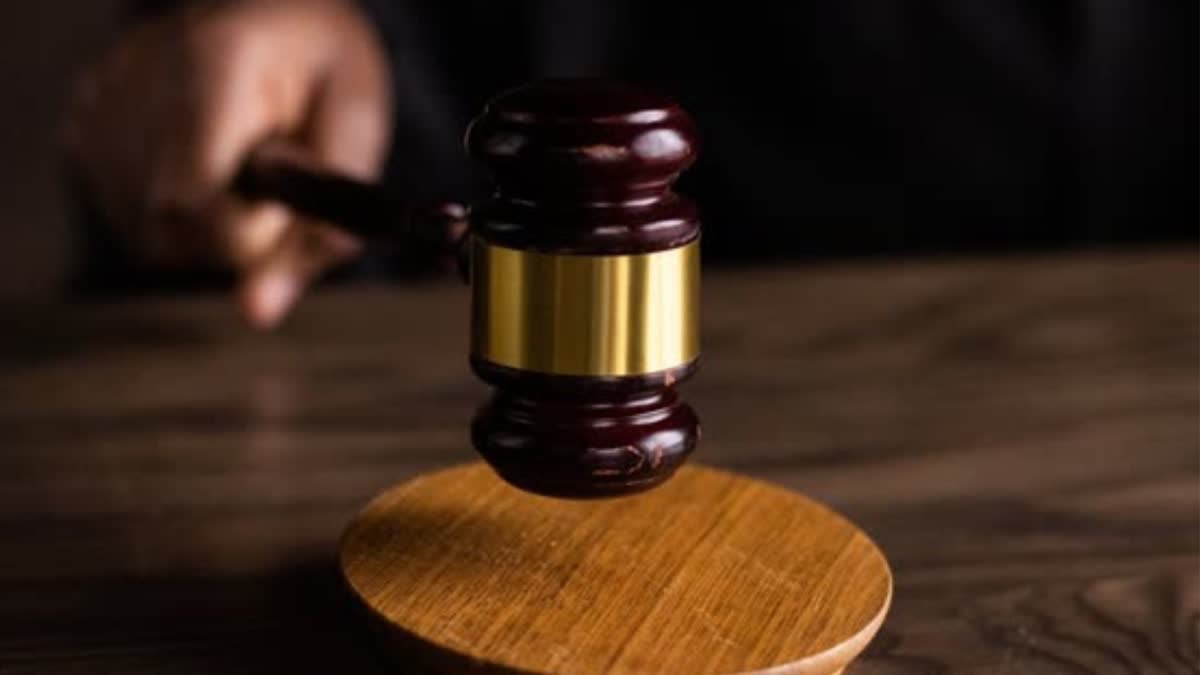New Delhi : The Supreme Court has dismissed a petition seeking review of its April 26 verdict that rejected the pleas for complete cross-verification of votes cast using the Electronic Voting Machines (EVMs) with Voter Verifiable Paper Audit Trail (VVPAT).
Terming the suspicion about manipulation of the EVMs "unfounded", the apex court had on April 26 rejected the demand for reverting to the old paper ballot system, saying the polling devices were "secure" and they eliminate booth capturing and bogus voting.
A plea seeking review of the verdict came up for consideration in-chambers before a bench of Justices Sanjiv Khanna and Dipankar Datta. "We have carefully perused the review petition, as also the grounds in support thereof. In our opinion, no case for review of the judgment dated April 26 is made out. The review petition is, accordingly, dismissed," the bench said in its order passed on July 25.
VVPAT is an independent vote verification system which enables electors to see whether their votes have been recorded correctly. In its judgment delivered in April, the top court had opened a window for the aggrieved unsuccessful candidates securing second and third places in poll results and allowed them to seek verification of microcontroller chips embedded in five per cent EVMs per assembly constituency on a written request upon payment of a fee to the poll panel.
It had directed that from May 1, the symbol loading units (SLU) should be sealed and secured in a container and stored in a strongroom along with the EVMs for a minimum period of 45 days post-declaration of results.
The apex court had observed that repeated and persistent doubts and despair, even without supporting evidence, can have the "contrarian impact of creating distrust". "A voting mechanism must uphold and adhere to the principles of security, accountability and accuracy. An over complex voting system may engender doubt and uncertainty, thereby easing the chances of manipulation.
"In our considered opinion, the EVMs are simple, secure and user-friendly. The voters, candidates and their representatives, and the officials of the ECI are aware of the nitty-gritty of the EVM system. They also check and ensure righteousness and integrity," it had said.
It had said the possibility of hacking or tampering with the agnostic firmware in the burnt memory of EVMs to tutor or favour results is unfounded. "Accordingly, the suspicion that the EVMs can be configured or manipulated for repeated or wrong recording of vote(s) to favour a particular candidate should be rejected," the bench had said.
It had said the incorporation of VVPAT fortifies the principle of vote verifiability, thereby enhancing the overall accountability of the electoral process.



